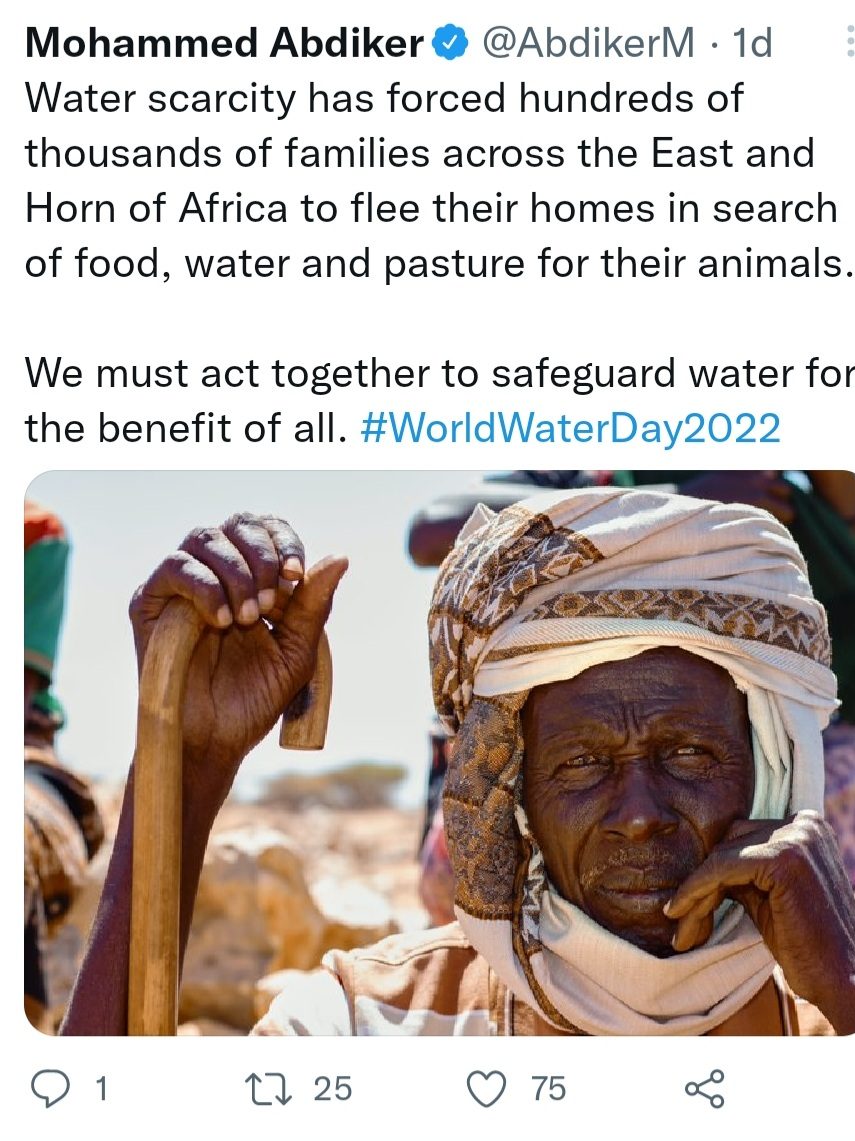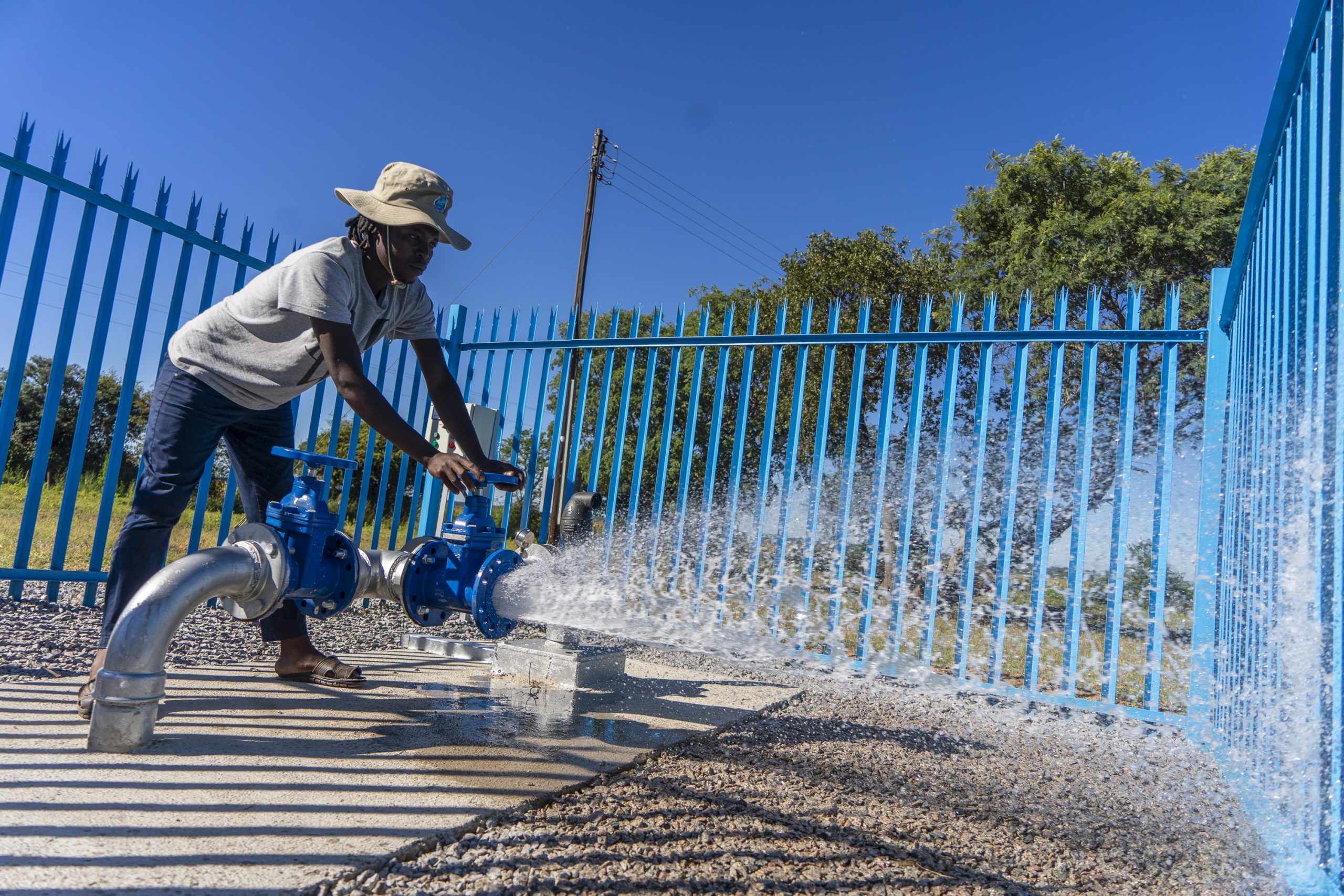As the world marked World Water Day yesterday; an annual United Nations observance day that highlights the importance of fresh water every March, statistics on Africa from the international body looks somewhat very promising.
“The levels of water security in Africa overall are unacceptably low,” United Nation’s first ever assessment according to the United Nations’ first-ever such assessment by its University’s Canadian-based Institute for Water Environment and Health (UNU-INWEH), . Only 29 of 54 African countries have made some progress in being water secure over the past three to five year, according to the report.
Egypt, Botswana, Gabon, Mauritius and Tunisia are Africa’s top five most water-secure countries, but with only modest absolute levels of water security achieved. Somalia, Chad and Niger are the least water-secure countries on the continent according to the UN.
Sub-Saharan Africa is believed to have enough groundwater resources to transform agriculture in the region as well as provide people with adequate safe water for their drinking and hygiene needs, if the resource can be better managed.
Groundwater makes up about 99% of all liquid freshwater on earth, and is abundant in much of Africa. Most of it is found underground in aquifers, rocks and soils but a lack of investment in its preservation has left it untapped and poorly managed. If properly managed, the reserves could be used for irrigation and to supply clean and safe water, but danger looms if it is used unsustainably and could be rapidly depleted or polluted.
The capacity of a population to safeguard sustainable access to adequate quantities quality water for sustaining livelihoods in Africa is affected by many factors. Most of which influence socio-economic development, population growth, health and sanitation and water-related disasters
Population growth alone is projected to cause a sharp decline in water availability in most African countries, while economic development will increase water use, making the water supply gap even more challenging to address, the report said

In other parts of the world, groundwater has supported major developments especially in the agricultural sector. In the U.S, California’s irrigation and industrial boom is attributed to the good use of ground water. India’s green revolution and China’s national grain production increase are also successful thanks to the positive exploitation of ground water however Africa hardly gives this kind of attention to its vast ground water capacities. Instead Africa tends to focus more on surface water development for instance the Nile Basin Initiative and Zambezi River Authority.
While these studies are debunking the myth that Africa is running out of water, they also say that resource needs to be better managed. Stronger and defined regional water and food security could help in poverty reduction, socioeconomic change and help to transform Africa’s potential of prosperity if only water resources are better managed.

